Euthanasia in the Netherlands
Extending the right to resort to assisted “suicide” for those who are not in a terminal state but consider their life is “complete.” It’s the last step of a long process undertaken in Holland, the first Country that legalized voluntary euthanasia in Europe in 2001. The shocking proposal was presented at the Dutch parliament by Health Minister Edith Schippers and by Minister of Justice Ard van de Steur. Interview with Cardinal Willem Eijk, Archbishop of Utrecht, President of the Dutch Bishops’ Conference. “It was just a matter of time”, he said. “Once the door is ajar, it’s easier to open more and more.”

“It was a predictable scenario.” To Cardinal Willem Jacobus Eijk, Archbishop of Utrecht, President of the Dutch Bishops’ Conference the news doesn’t come as a surprise. The Heath and Justice ministers in Holland submitted to Parliament a legislative proposal that would extend “assisted suicide” to those who feel their life is concluded, or rather “complete”- reads the text – and not only to the terminally ill. “Over the past fifty years – the Archbishop pointed out – the debate on the possibility of ending human life has descended down a dangerous slope.” The Archbishop recalled the long, progressive path: in the early 1980s voluntary euthanasia was possible only in the case of dying patients suffering from incurable diseases of somatic origin. However, this possibility was gradually extended to patients with psychiatric disorders. A further step was taken to include patients affected by early or advanced dementia, who had a written advance request for euthanasia. The practice was later extended to end the life of disabled newborn infants, thereby intervening on people unable to express their decision. Now the intention is to allow euthanasia on people “who have a well-considered opinion that their life is complete.”
“It was only a matter of time”, the Cardinal remarked. “Once the door is ajar, it is easier to open more and more.”
Your Eminence, what’s happening?
There are people who are convinced they have “completed their life” because they lost their dear ones, they are alone, or because they feel that their life has no meaning. For these people the government intends to draw up – in addition to the law on euthanasia that will remain as it is – a new law enshrining the possibility of resorting to assisted suicide to those in a state of unendurable suffering with no hope of a cure, without an underlying medical reason, and for this reason with a voluntary, well-considered and lasting desire to die. Accordingly, the program would be administered by “a person providing assistance at the moment of death” (“stervenshulpverlener”) who underwent specific training and with official qualifications to this regard, not necessarily a doctor, as that person could also be a nurse or a psychologist.
On which grounds does the government base such a decision?
The government states that the new law is grounded on the autonomy of the person that wishes to die.
The government understands autonomy as a “fundamental value, and as an important element in both ethical and legal terms.”
Autonomy thus implies the possibility of shaping one’s life and making personal choices, as well as the right to decide how and when ending one’s life. Ultimately, it’s but the final consequence of an autonomous form of ethics, namely, the ethical code of a hyper-individualistic society, such as the one of the Netherlands.
In your opinion, what are the fears underlying the proposal?
In an extremely individualistic society human beings are alone and they are recognised not only the right but even the obligation to shape their life with their sole forces. This can be hard for an old person who lost his dear ones, his friends, or social relationships. Instead of meeting the request of assisted suicide efforts should be placed on overcoming the loneliness as well as other difficulties experienced by the elderly. Assisted suicide could discourage commitments aimed at improving the living conditions of old people.
How do Christians Churches and religious leaders respond to extremely delicate issues such as those on life and death?
The Church and the religious leaders should be extremely clear. Human life is never a mere instrumental value whose loss can be ascertained in given conditions. In fact, it bears an intrinsic value.
The universal value of human life is unending, even when a person is convinced he has lost it.
Out task is to help elderly and sick people who have lost hope recover the value of life by offering appropriate palliative treatment and with initiatives aimed at overcoming their loneliness. It is equally important to say that the end of life, although often marked by suffering, for many family members and friends constitutes a precious time to open their hearts. Finally, the idea underlying the draft law planned by the Dutch government is that in certain circumstances the autonomy of the human person, his freedom, has a greater value than life itself. Although it may be true that the value of freedom is greater than the value of life, life holds a fundamental value for freedom: without life there can be no freedom. Putting an end to human life also means putting an end to human freedom.